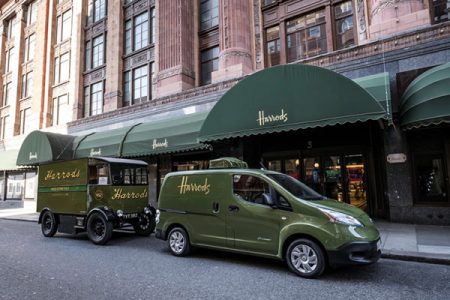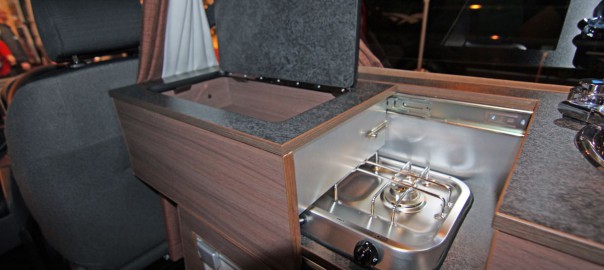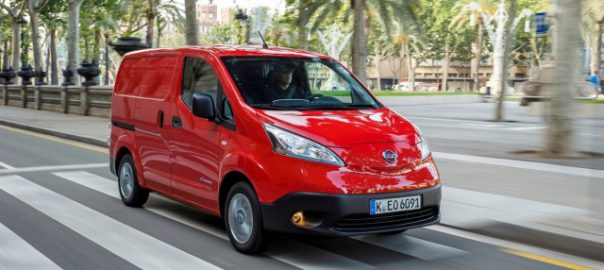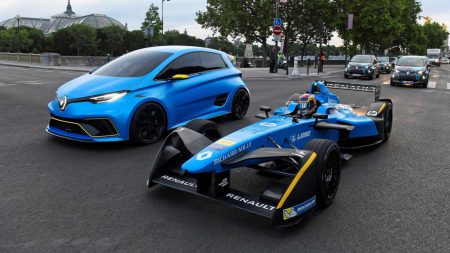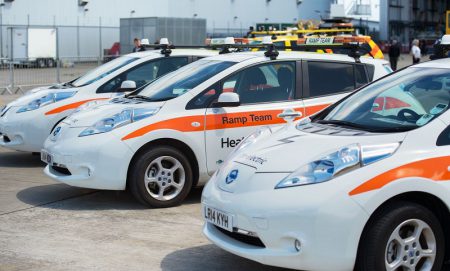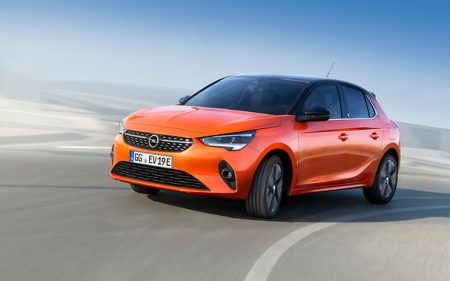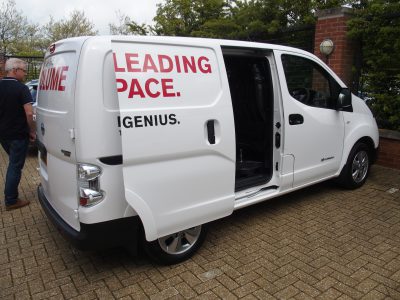Over half plan to go green within the next two years – and six in ten feel it will give them a good opportunity to do business with a more socially conscious clientele
Britain’s “white van men” are going green – with millions eyeing up an electric vehicle or a plug-in hybrid, according to research.
The average van driver reckons they could save more than £2,720 a year in fuel by moving away from petrol and diesel – and 55% predict they will be behind the wheel of an electric vehicle within the next two years.
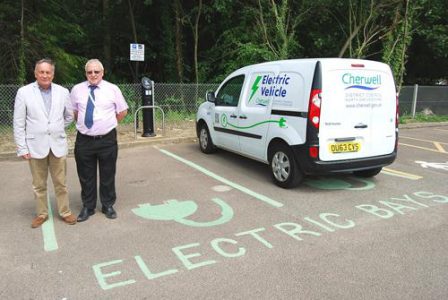
Six in ten also believe that driving an EV could even open up new opportunities to do more business with a socially conscious clientele.
A spokesman for GRIDSERVE, which commissioned the poll of 500 van drivers to highlight its Sun-to-Wheel EV charging solutions, said: “It’s great to learn today’s van drivers are also following the trend, and switching to electric.
“Vans are vital to the everyday running of the UK, delivering parcels and getting tradespeople to their next job – so it is essential this group sees the benefit of going green, and is adopting the technology.
“These drivers are a key part of the electric road revolution, and will make a huge impact as more and more switch to cleaner vehicles. Our calculations estimate that switching the UK’s fleet of vans to electric could save 15 million tonnes of CO2 every year.”
Read more: Mirror
It’s Time to Go Green!
If you would like to know more about Solar Panels and the PowerBanx range of home battery systems, and get a free instant quote, please complete our online form:



